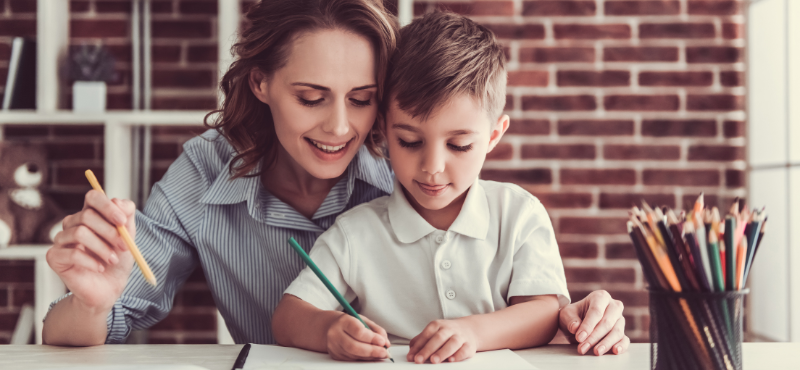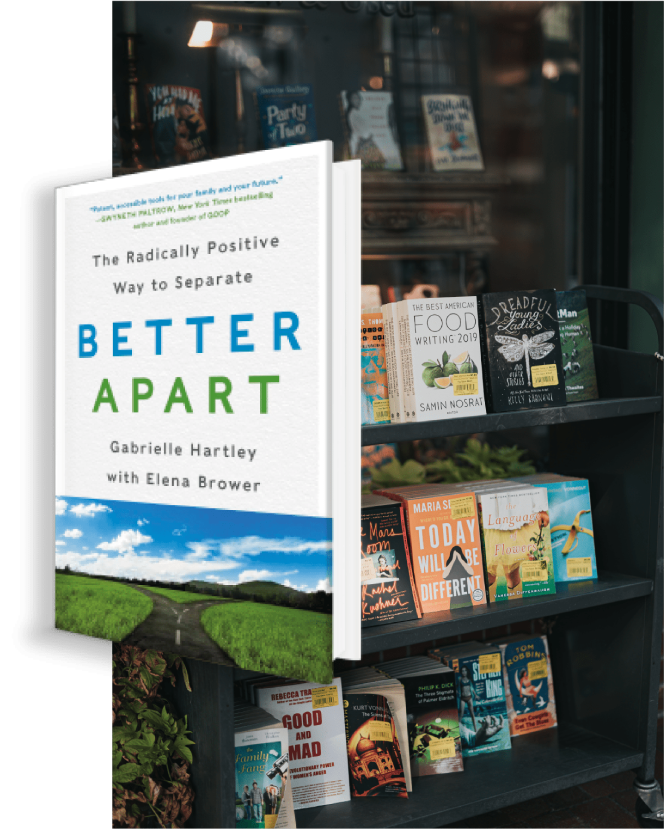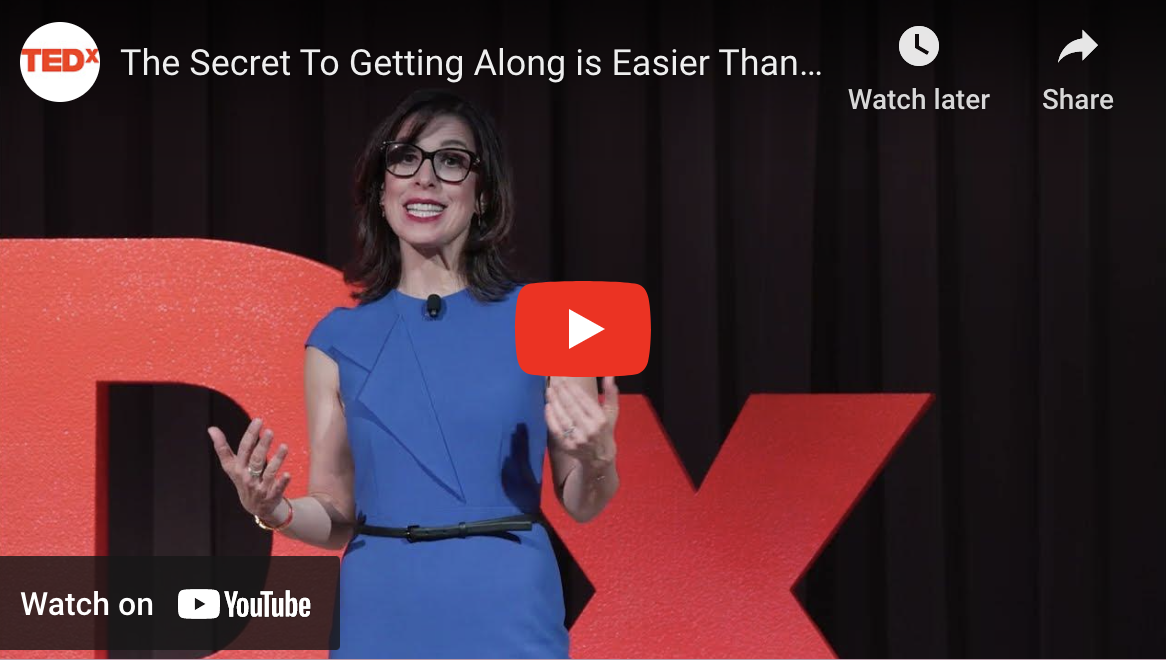When the subject of divorce comes up, all the negatives get pushed to the forefront — especially if you have children.
Is divorce good? Many parents fear divorce will cause irreversible damage to their children’s emotional well-being and that they should stay together for the kids. While these concerns aren’t unfounded, raising a child in an unhappy home could be more damaging than ending your marriage. In fact, divorce could improve your relationship with your child.
You could become a better parent
Most people don’t realize how much time and energy they put into trying to save a failing marriage until they’re out of it. This, plus the anxiety and stress that come with it, could affect your ability to parent. Post divorce, you can put that time and energy into being the best parent you can be for your child.
You may wonder if divorce is good for your child. Counterintuitive as it may be, divorce can make you a better parent as it leaves you with no excuses. It demands that you step up and focus more on your child’s emotional well-being. With one parent leaving the home, you won’t be able to hand off parenting duties to them. Taking on extra caretaking duties or helping more with schoolwork can go a long way in reassuring your child they can depend on you.
Tips:
Rules and discipline can help your child learn to respect you and other authority figures. Set a bedtime and a curfew, give your child chores and rewards for completing them and let them know there will be consequences for misbehavior.
It’s good to keep rules and discipline consistent in both households, but it’s also fine to have a different parenting style than your ex-spouse. This may come as a welcome change if you frequently sparred over parenting. Your children will notice the difference, too; it’s easier to adhere to the rules when there aren’t opposing positions within the household.
You could develop a stronger bond
Going through difficult times often brings people closer. More than ever, your child will need you as a source of comfort. More hugs and words of encouragement could help them cope.
Divorce also gives you more one-on-one time. Your child will get to know you as an individual rather than half of a parental unit. This could make discussing certain issues less intimidating for the child, allowing you to gain insight into their life so it’s easier to monitor their behavior and address any troubles they’re having.

Tips:
When your child asks questions, address them in an age-appropriate manner, leaving out the gory details. They don’t need to know about infidelities, money mismanagement, etc. Open up in a relatable way to show your child you understand what they’re going through and are there to lend an ear. In turn, they’ll be more likely to confide in you.
Your child will probably want to preserve the relationship they had with the other parent. Children tend to blame themselves if a parent is absent. If it’s safe, you should have a visitation schedule that allows both parents ample time.
Hopefully, you’ll come to value the time you spend with your children more since you’ll have to split it with the other parent. Use this time to make lasting memories that will overtake the bitterness of the divorce. However, you shouldn’t overcompensate and spoil your children because you feel guilty. While gifts and trips are nice, it doesn’t replace the value of having a parent who cares enough to set limits.
You could be a better role model for your children
Parents are their children’s first role models. Living in a hostile environment gives children an unhealthy model they might grow up to imitate.
By leaving a failing relationship, you’re teaching your child a valuable lesson about getting out of negative situations. As they get older, they will look to you for advice and may learn from the example you set. Your child may take pride in the fact that you had the strength to walk away.
Living separately from the other parent could help ease any tension, sparing your children from quarrels and allowing you to reassess your relationship as parents.
Tips:
To set a positive example, attend the same school and extracurricular events as your ex. Your children will see that, although one aspect of your relationship has changed, you’re still dedicated to parenting them together.
If you’re combative or try to disallow your ex visits, your child is likely to become distant from the other parent or from you. The involvement of both parents will help the child develop social skills and form relationships with others.
Your child could become more responsible
Children of divorce often have to take on more responsibilities like helping out with household chores. This could give them newfound respect for what you do and teach them valuable life skills.
With one income leaving the household, stay-at-home-parents may have to begin working. Meanwhile, parents with busy work schedules may have to take on new household duties. This demonstrates to children it’s possible to occupy more than one role and both are equally important.
Tips:
Allow your children to keep clothing and other personal items in both households. Put them in charge of keeping the items organized and clean, to teach them responsibility as appropriate for their age.
Maintain the child’s pre-divorce schedule as much as possible. This could help them understand the importance of following through on their commitments. Missing school or another event could disrupt their routine and might anger them.
Children often become more empathetic post divorce. Consider volunteering in your community together. While helping you bond, it could also teach your children about the importance of helping others going through difficult times.
Looking on the bright side of divorce
Divorce means the end of a marriage, but it could also be the start of a renewed relationship with your child. The outcome largely depends on your choices following the decision to part ways. Eventually, your child will be able to see past the hurt to how well you weathered the storm.

Bio
In her three years of researching and writing for Custody X Change, Zarira Love has distilled the topics of child custody and parenting to make vital information accessible to all parents. She earned a BA in Creative Writing from SUNY Purchase College and currently resides in New York City.
The Custody X Change online app helps divorced or separated parents create parenting plans, follow custody schedules, keep tabs on their child’s expenses, and more. Many of the app’s features are free, while a paid subscription allows you to cover all the bases of co-parenting. Visit our website to see why you need a co-parenting app and to find helpful articles about child custody and parenting.
Some links and posts are from our sponsors. Here’s how it works.
P.S. Want more tools and resources to stay positive during a divorce? Download my Free Divorce Survive & Thrive Kit below!

The Radically Positive Way to Separate
Gabrielle Hartley with Elena Brower
Available on Amazon
“Potent, accessible tools for your family and your future.”
— Gwyneth Paltrow, New York Times Bestselling Author and Founder of GOOP


FOLLOW GABRIELLE

DISCLAIMER: The commentary, advice, and opinions from Gabrielle Hartley are for informational purposes only and not for the purpose of providing legal advice or mental health services. You should contact an attorney and/or mental health professional in your state to obtain advice with respect to any particular issue or problem.
- One Edgewater Plaza Suite 304, Staten Island, NY 10305
- 266 Smith Street, Brooklyn, NY 11231
Northampton MA
PHONE:
New York: (917) 905-4553
Boston: (413) 450-0420


